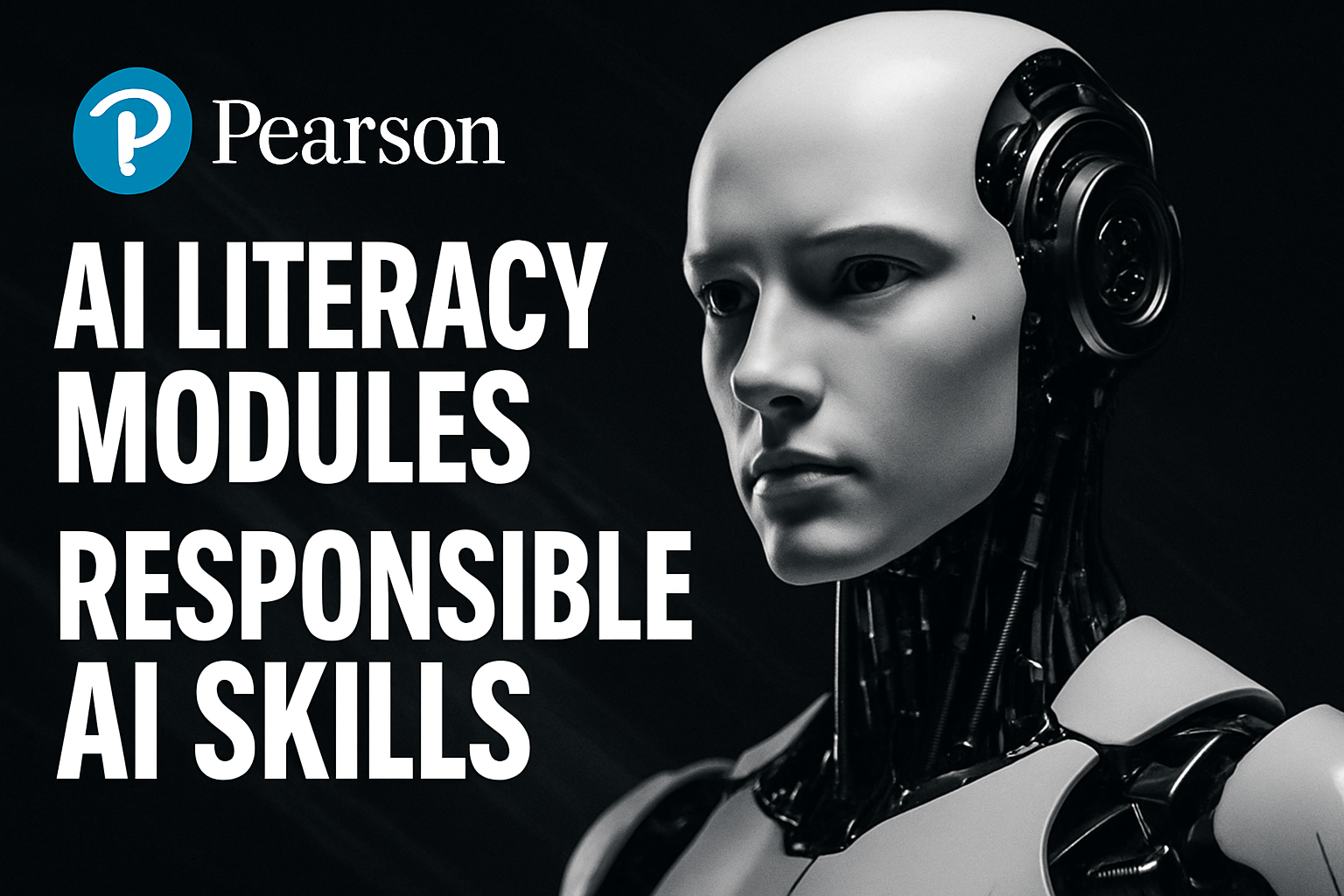Summary
The public sectors embrace of artificial intelligence (AI) is no longer a speculative trend but a strategic imperative. Governments worldwide are under pressure to modernize operations, reduce costs, and enhance transparency while navigating complex data privacy mandates. In this context, AI-driven…
Source: AInvest

AI News Q&A (Free Content)
Q1: What are the strategic imperatives for AI adoption in the public sector, and how does RedactXpert align with these goals?
A1: The public sector is increasingly adopting AI technologies as a strategic imperative to modernize operations, reduce costs, and enhance transparency while adhering to data privacy mandates. RedactXpert plays a crucial role by automating the redaction of sensitive information, thereby improving operational efficiency and compliance with privacy regulations. It integrates seamlessly with existing IT infrastructure, offering scalability and adaptability to meet the evolving needs of government agencies.
Q2: How are AI-driven analytics transforming public sector workflows?
A2: AI-driven analytics are reshaping public sector workflows by automating repetitive tasks, integrating data across departments, and providing predictive insights. For instance, city planners can use AI to predict infrastructure needs, such as roads and emergency services, before they become critical. These tools enable real-time data sharing and decision-making, thereby enhancing service delivery and operational efficiency.
Q3: What challenges do public sector agencies face when integrating AI technologies, and how can they be overcome?
A3: Public sector agencies often face challenges such as cultural barriers, skill gaps, and legacy systems that do not integrate well with new AI technologies. These can be overcome through comprehensive change management strategies, including training and upskilling programs, hands-on workshops, and ongoing support. Transparent communication about AI systems can also help preserve public trust and ensure smooth transitions to more automated processes.
Q4: What ethical considerations must be addressed when deploying AI in the public sector?
A4: Deploying AI in the public sector requires addressing ethical considerations such as transparency, fairness, and accountability. Governments must ensure that AI algorithms are explainable to maintain public trust and prevent misuse. Establishing ethical frameworks and forming independent AI ethics advisory boards can help guide the responsible use of AI technologies.
Q5: How are public-private partnerships contributing to AI innovation in the public sector?
A5: Public-private partnerships are crucial for driving AI innovation in the public sector. By collaborating with tech companies and academic institutions, government agencies can share best practices and leverage cutting-edge technologies. These partnerships facilitate the integration of AI into public services, improving efficiency and citizen outcomes while addressing ethical and transparency challenges.
Q6: What role does AI play in improving citizen engagement with public services?
A6: AI enhances citizen engagement with public services by automating processes and providing personalized experiences. AI-powered tools, such as chatbots and dynamic websites, enable citizens to access services more conveniently. For example, AI can analyze citizen feedback through sentiment-analysis tools, helping city officials address local concerns and priorities more effectively.
Q7: How do AI adoption factors differ across various public sector domains according to recent studies?
A7: Recent studies highlight that AI adoption factors vary across public sector domains, influenced by decision-makers' backgrounds, perceptions of AI, and stakeholder implications. Factors such as decision-maker adoption, organizational governance, and data constraints play a critical role. Understanding these differences can guide the responsible deployment of AI by accounting for the unique needs and challenges of each domain.
References:
- AI-Driven Data Transformation in Public Sector: Strategic Adoption and Operational Gains with RedactXpert - AInvest
- Transforming Public Sector AI: Opportunities and Challenges
- How AI is Transforming Public Sector Workflows
- AI and the Public Sector: Navigating Ethics and Innovation by 2030
- Roadmap to Transformation: The Next Generation of Government Operations with Ethical and Responsible AI Adoption
- The Situate AI Guidebook: Co-Designing a Toolkit to Support Multi-Stakeholder Early-stage Deliberations Around Public Sector AI Proposals
- The Situate AI Guidebook: Co-Designing a Toolkit to Support Multi-Stakeholder Early-stage Deliberations Around Public Sector AI Proposals
- Why Do Decision Makers (Not) Use AI? A Cross-Domain Analysis of Factors Impacting AI Adoption
- Why Do Decision Makers (Not) Use AI? A Cross-Domain Analysis of Factors Impacting AI Adoption





